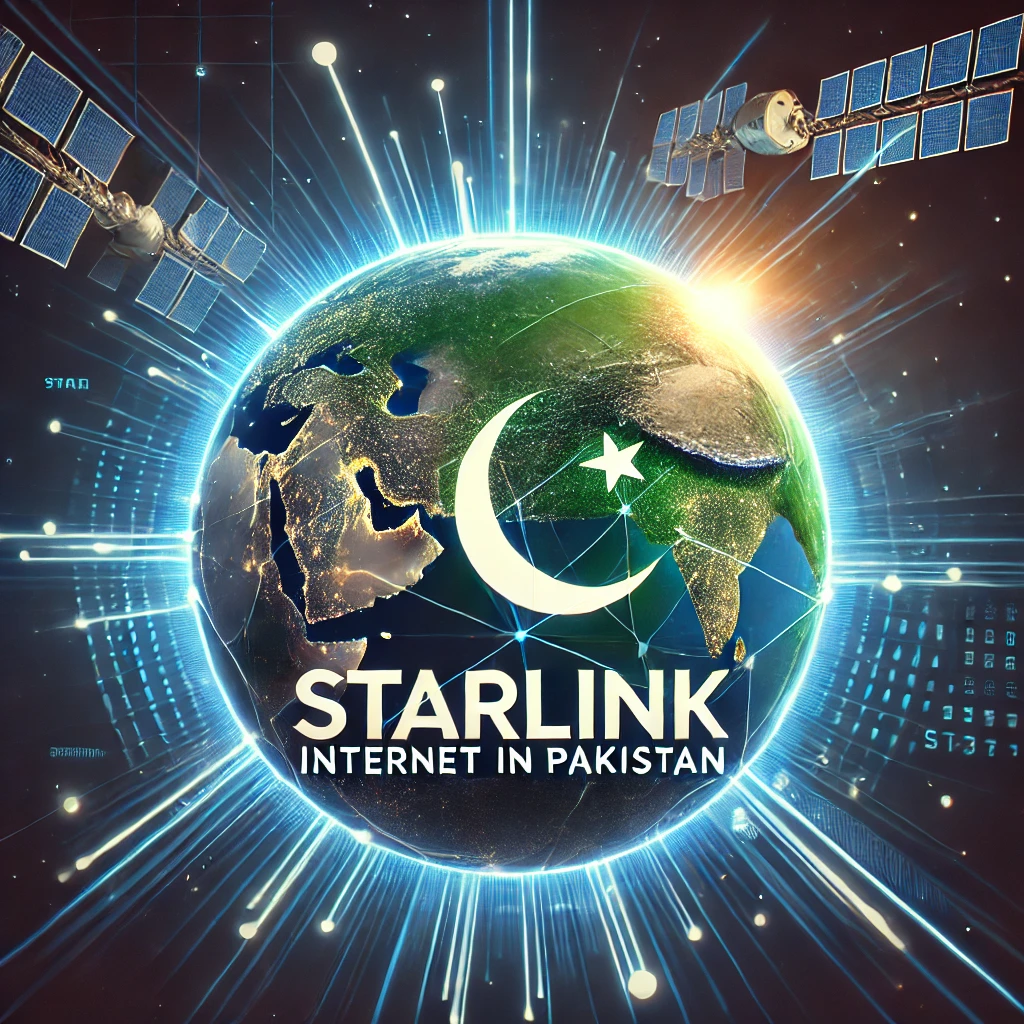In todayŌĆÖs fast-paced digital world, access to reliable and fast internet is no longer a luxury but a fundamental need. In Pakistan, frequent internet disruptions and connectivity issues pose significant challenges. However, the potential arrival of Elon MuskŌĆÖs Starlink Internet has sparked excitement. Offering cutting-edge technology, Starlink has the potential to transform PakistanŌĆÖs digital landscape, making it especially beneficial for freelancers, businesses, and students. But what exactly is Starlink, and how could it reshape internet accessibility in the country?
What is Starlink Internet?
Starlink, developed by SpaceX, is a satellite-based internet service designed to deliver high-speed connectivity to even the most remote locations. Unlike traditional broadband services, Starlink employs a network of low Earth orbit (LEO) satellites to provide fast and stable internet, making it ideal for areas with limited infrastructure.
Why is Starlink Internet Crucial for Pakistan?
Why is Starlink Crucial for Pakistan?
- Connectivity Gaps: Many rural areas still lack access to quality internet due to insufficient infrastructure.
- Slow Internet Speeds: Regular interruptions hinder productivity for freelancers, students, and businesses.
- Growing Demand for Bandwidth: With increasing data consumption, the need for reliable high-speed internet continues to rise.
By addressing these issues, Starlink could significantly improve internet access and reliability across the country.

Starlink’s Licensing Journey in Pakistan
State Minister for IT and Telecommunication Shaza Fatima Khawaja has confirmed that Starlink has applied for a license to operate in Pakistan. The process, managed by the Pakistan Telecommunication Authority (PTA), requires international companies to register locally with the Securities & Exchange Commission of Pakistan (SECP). Although the application process is relatively simple, Starlink is still awaiting the necessary approvals to begin its services.
Why Starlink Stands Out
Starlink Internet has several advantages over conventional internet service providers:
- Wide Coverage: Its satellite network ensures connectivity even in remote or underserved regions.
- Exceptional Speeds: Early tests indicate download speeds of up to 150 Mbps, making it a top contender for reliable internet services.
- Resilience: Satellite-based technology ensures uninterrupted service during infrastructure failures or natural disasters.

Public Anticipation in Pakistan
Excitement about StarlinkŌĆÖs potential entry is growing. Recently, a Pakistani Twitter user asked Elon Musk about the timeline for StarlinkŌĆÖs launch in the country. Musk responded, stating that they are waiting for government approvals. This interaction highlights the eagerness of the Pakistani community to welcome satellite internet solutions.
Impact on PakistanŌĆÖs IT Industry
With PakistanŌĆÖs IT sector expanding at an annual growth rate of 30%, dependable internet is critical for continued success. Entrepreneurs, freelancers, and digital marketers require seamless connectivity to meet global demands. Starlink Internet could play a pivotal role in bridging the current digital divide, accelerating growth in the IT sector, and supporting PakistanŌĆÖs digital transformation goals.
Challenges on the Horizon
Despite its potential, Starlink faces a few challenges in Pakistan:
- Affordability: The cost of StarlinkŌĆÖs services might be prohibitive for many users in Pakistan.
- Regulatory Barriers: Delays in approvals and bureaucratic hurdles could slow the launch.
- Market Resistance: Local ISPs might push back against StarlinkŌĆÖs entry, citing regulatory concerns.

